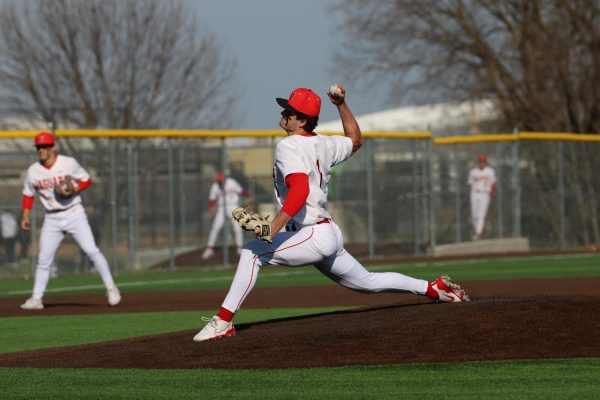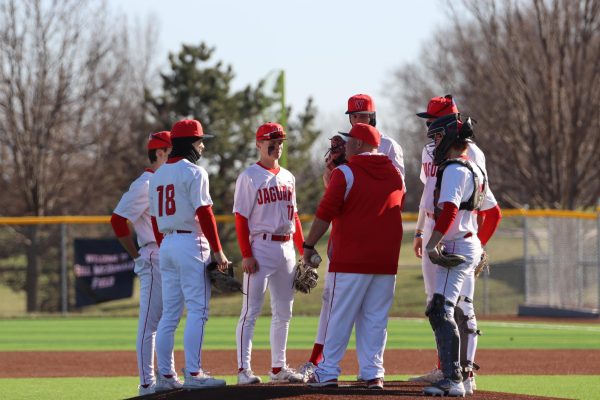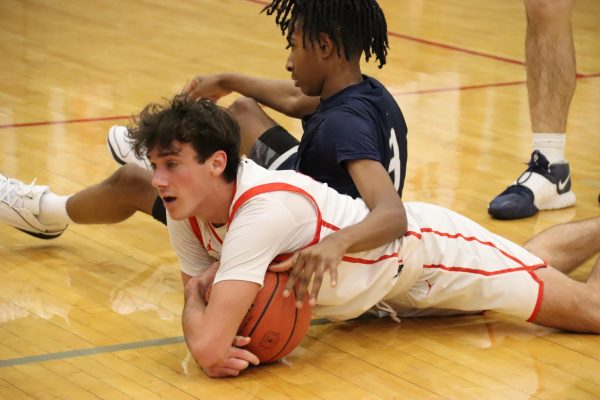Underage Drinking
UNDERAGE DRINKING
In today’s society teenaged alcoholism is a very serious problem that needs to be addressed more in schools and in homes. Alcohol is a serious drug that can cause serious damage. Some tragic effects of teenage alcoholism are diseases and disorders, family problems and it also alters decision-making skills.
Some states chose to lower the legal age to 18, while others remained at 21. Between 1970 and 1976, 29 states had changed their legal drinking age to 18. What this caused was teenagers travelling from one state to another where they were allowed to drink at the age of eighteen. This travelling led to an increase in highway accidents due to drunk driving.
After the repeal of alcohol prohibition by the 21st Amendment, in Illinois (1933-1961) and Oklahoma (1933-1976) set their state drinking age at 21 for men and 18 for women.
These changes occurred when the minimum age for other activities, such as voting, also were being lowered. Scientists began studying the effects of the lowered the minimum legal drinking age, focusing particularly on the incidence of motor vehicle crashes, the leading cause of death among teenagers. Several studies in the 1970s found that motor vehicle crashes increased significantly among teens when the minimum legal drinking age was lowered
A few reasons for teens drinking are: peer pressure, enjoyment, popular media, boredom and escape and self-medication. But the main reason for doing so is “breaking the law.” 87% of high school seniors have used alcohol. That means that large quantities of teens, under the age of seventeen to eighteen have used alcohol. Most know why teens drink, is common sense, just the feeling that they get of breaking the law is huge. “When I ask them if they drink to get drunk, they say, ‘Duh, that’s why we do it,’” says Dick Schaefer, an addiction counselor who has worked with chemically dependent teens for nearly thirty years.
Whatever it is that leads adolescents to begin drinking, once they start they face a number of potential health risks. Although the severe health problems associated with harmful alcohol use are not as common in adolescents as they are in adults, studies show that young people who drink heavily may put themselves at risk for a range of potential health problems, such as liver disease, brain damage, high blood pressure and even death.
College students “simply don’t drink as much as everyone seems to think they do,” according to researchers who used Breathalyzers at the University of North Carolina at Chapel Hill. Even on the party nights of Thursday, Friday and Saturday, 66% of the students returned home with absolutely no blood alcohol content; two of every three students had not a trace of alcohol in their systems at the end of party nights.
Underage drinking can cause car accidents, risky behavior, damages health, can lead to death, and can trigger addiction & drug abuse.
A student at the University of Kansas has filed a lawsuit accusing a fraternity of allowing underage drinking, which he claims led to his severe head injury.
20-year-old Andrew Charles Johnson of Salina filed the lawsuit in Douglas County court against the Sigma Phi Epsilon fraternity. He claims him and other underage fraternity members were provided unlimited access to alcohol and encouraged to drink during a 2011 party.
According to Johnson, later that night another student rammed his head into a concrete wall, causing a “massive closed head injury.” The lawsuit claims the injury caused brain damage that’s eliminated Johnson’s sense of smell and left him with cognitive deficiencies.
Underage drinking has been a very serious problem, because of the numerous things that go with it such as drunk driving, party accidents, alcohol poisoning, and the dropping grades of students who tend to do such things on a weekly basis. Therefore it is up to us to not go with peer pressure and show people that we do not need to drink to have a good time and that drinking is overrated.











